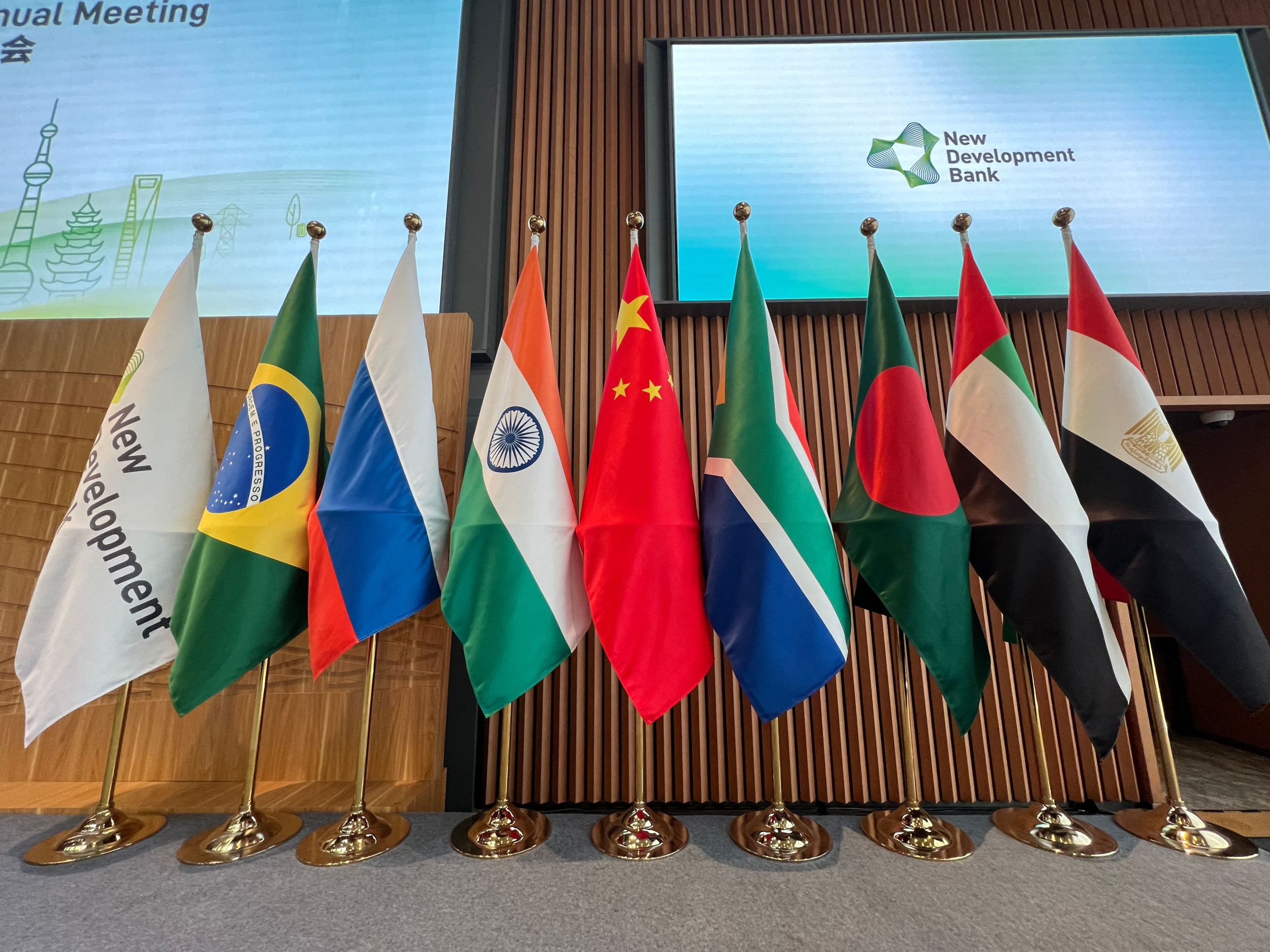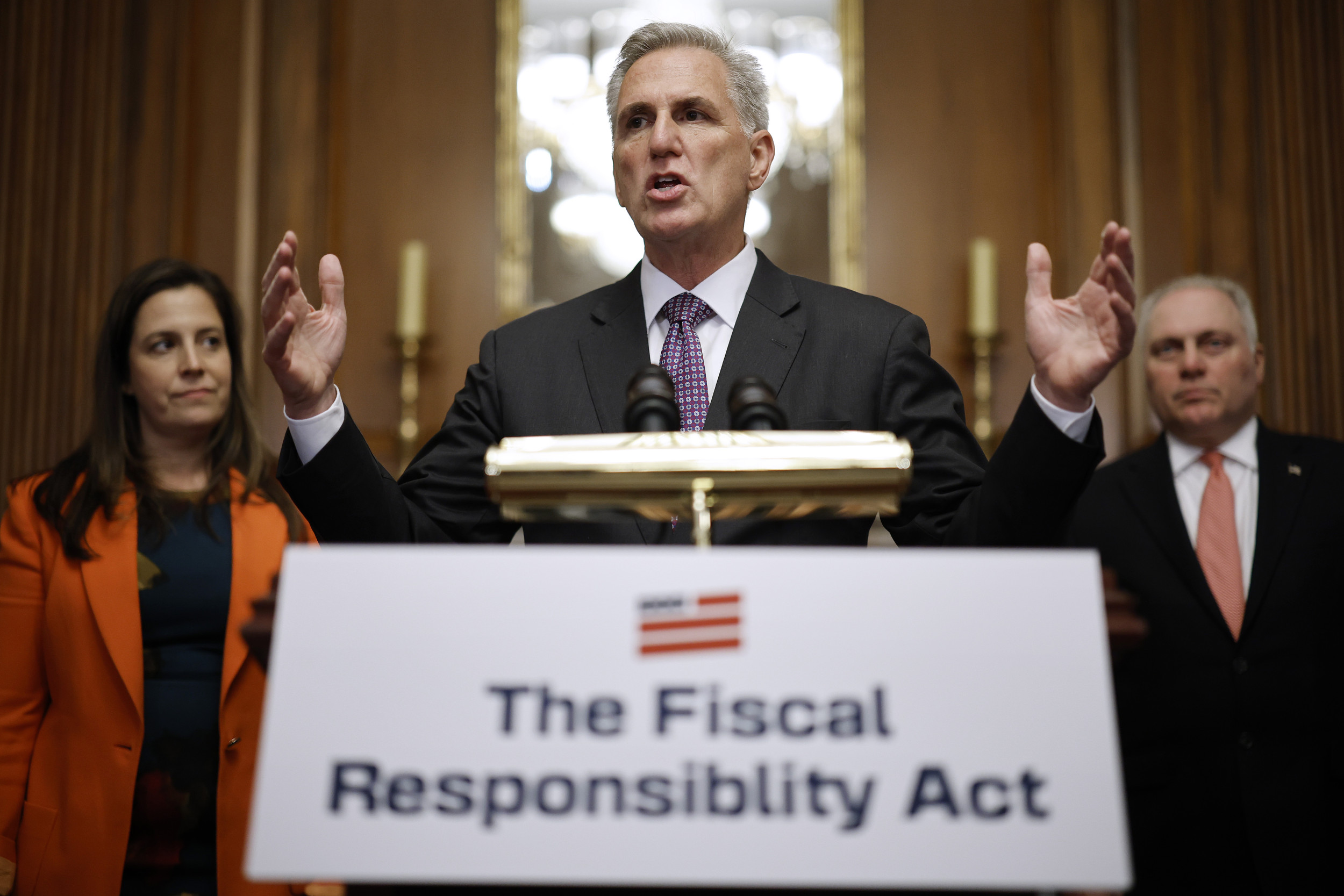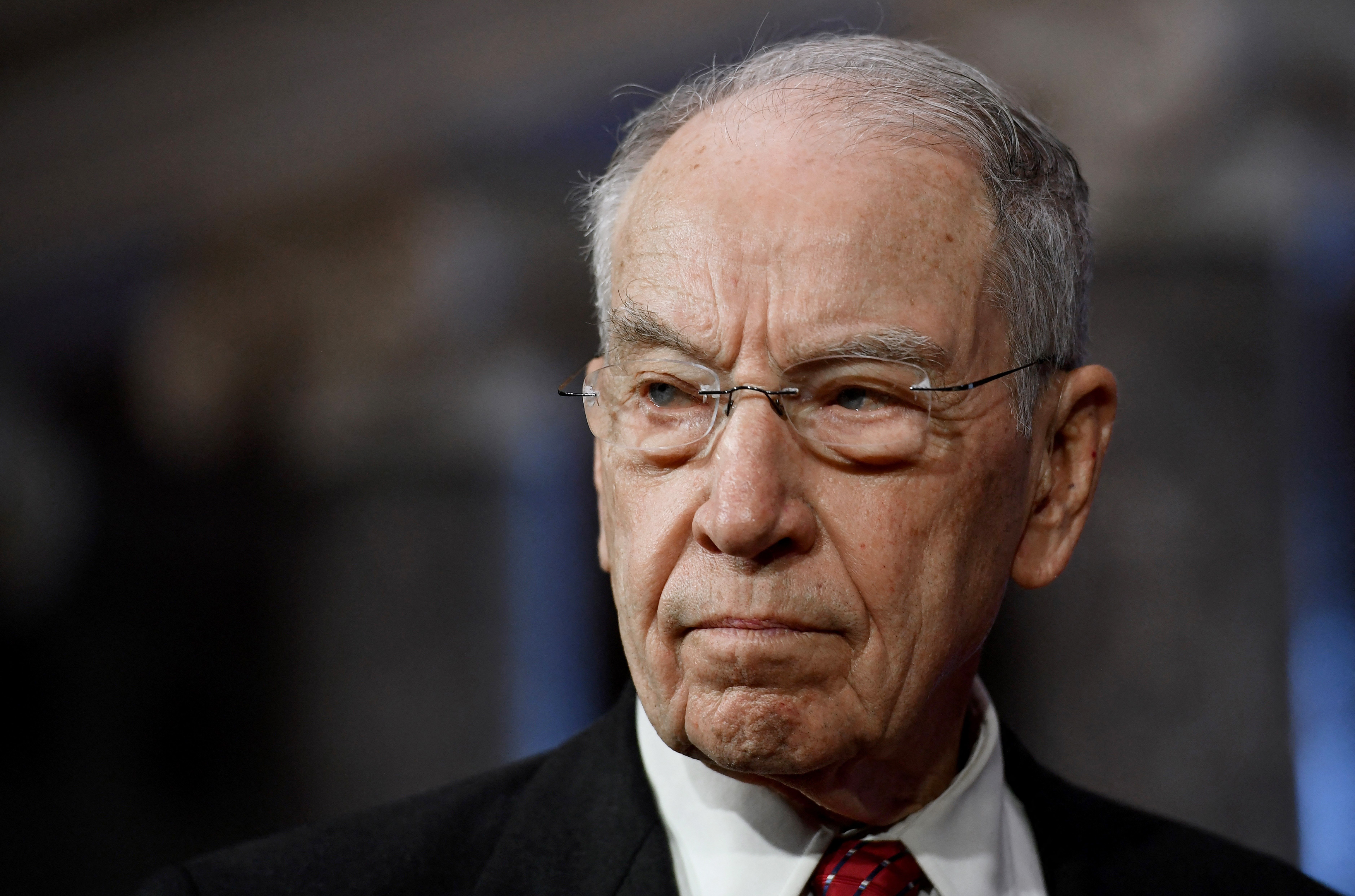Russia Must 'Hone' Nuclear Threat in Face of U.S. Tensions: Moscow Lawmaker
The Kremlin should sharpen its nuclear capabilities in response to deteriorating relations with the United States, one Russian lawmaker has said, as the country's political elite grapples with the stalled invasion of Ukraine and the collapse of landmark international arms control treaties.
Oleg Morozov, a member of the Duma—the lower house of the Federal Assembly of Russia—representing President Vladimir Putin's United Russia party, told the Russian RIA Novosti news service on Friday that the collapse of the U.S.-Russian New START has left Moscow "no choice" but to "hone" its nuclear threat.
Russia's nuclear saber-rattling has loomed above Moscow's full-scale invasion of Ukraine, a military gambit that has exacerbated the slow collapse of several key nuclear arms control treaties. On Thursday, the U.S. announced it would stop sharing nuclear data with Russian inspectors in retaliation for Russia's suspension of the New START treaty in February 2022.
Morozov—who has been sanctioned by the European Union and suggested Russia could attack Poland and the United Kingdom—was among the Russian politicians and officials framing the U.S. decision as a nuclear escalation.
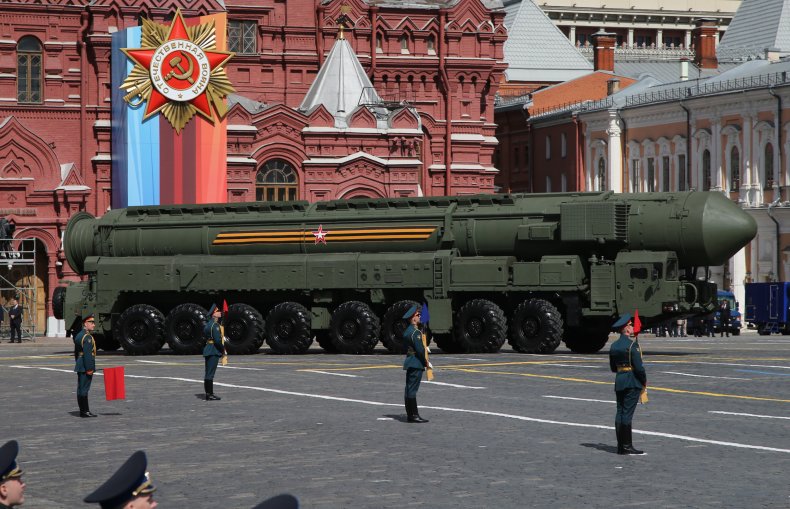
"The United States has been destroying the entire international security system in the world for many years in order to gain unilateral advantages," the lawmaker told RIA Novosti.
"They leave us no choice. Since they don't want to keep a common shield, we must hone the sword. Hypersonic, nuclear engines, accuracy and invulnerability are the components of our sword. We have only two options, start a nuclear war: win it or not lose it. The Americans must learn this."
Mark Voyger, a former special adviser for Russian and Eurasian affairs to Lieutenant General Ben Hodges when he was commander of the U.S. Army Europe, told Newsweek that the "nuclear component is one of the most important within the context of Russia's information and hybrid warfare."
"They use different channels to convey these threats. Sometimes they're thinly veiled; when it comes from the Kremlin itself they want to maintain plausible deniability. But then they allow outlets such as some of the media channels and some politicians who are known as loose cannon-type personalities."
Russian nuclear threats—whether directly from the Kremlin or from those in its wider orbit—are nothing new, and have increased in tempo since the invasion of Ukraine. Repeated Russian battlefield reversals have raised concerns that the Kremlin may resort to its most powerful weapons if an outright military defeat appears likely.
"By conveying nuclear threats that sound grandiose, pompous, maybe disturbing to some, ultimately they betray rather more the Kremlin's weakness than its serious intentions," Voyger said. The idea that Russia would launch a strategic nuclear attack on the West over Ukraine, he said, "is difficult to believe."
Still, the severity of such weapons demands any threat be taken seriously, he added, noting that tactical nuclear weapons—those with smaller yields designed for battlefield use—still pose a danger.
"Tactical nukes are a much better fit for the Russian doctrine of ambiguous war, this grey zone," Voyger said. "We can never rule out some kind of a desperate act of this nature.
"Having said that, for almost a year, many important current and former senior leaders—military and political ones—have conveyed the message to the Russian leadership directly and indirectly that the use of tactical nukes would have many costs and consequences for the Russian military."
The End of New START
New START limited the U.S. and Russia to 1,550 deployed strategic nuclear warheads each, the total including weapons deployed on intercontinental and submarine-launched ballistic missiles, with each deployed nuclear-capable heavy bomber counting as one warhead. New START was signed in 2010 by Presidents Barack Obama and Dmitry Medvedev as an extension of the Cold War-era START treaty.
New START had been set to expire in February 2021 but was renewed for another five years shortly after President Joe Biden took office in January of that year. Degrading bilateral relations between Washington, D.C. and Moscow eventually culminated in President Vladimir Putin's February 2022 announcement that the Kremlin would suspend its participation in the treaty.
Russia's subsequent war on Ukraine has made New START's revival unlikely.
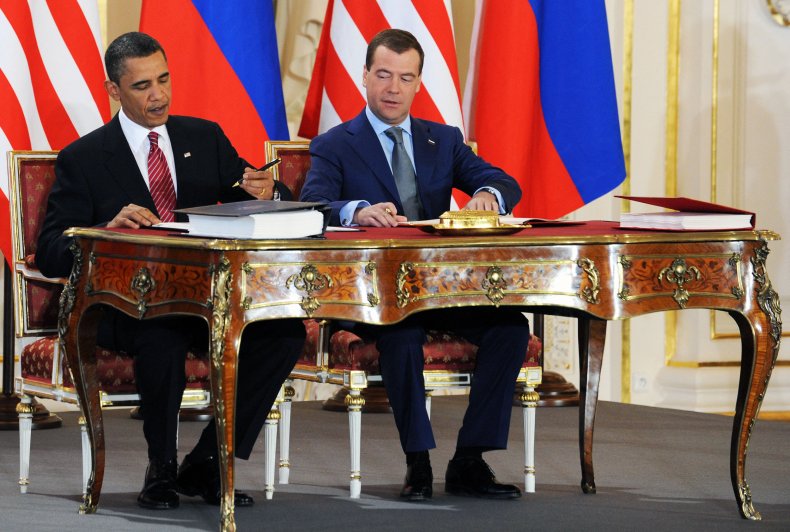
This week, the U.S. State Department said it would revoke the visas of Russian nuclear inspectors, deny all pending applications for new monitors, and cancel clearances for Russian aircraft to enter U.S. airspace—all aspects of New START.
The measures were a response to Moscow's "ongoing violations" of the treaty, the State Department said, arguing that Russia's claimed suspension of the agreement was invalid and thus that Moscow is still beholden to its terms.
"The United States is committed to full and mutual implementation of the New START treaty," it added. "Consistent with that commitment, the United States has adopted lawful countermeasures in response to the Russian Federation's ongoing violations of the New START treaty."
The U.S. does still plan to notify Russia when it conducts test launches, though the two nations have stopped sharing biannual nuclear weapons data as of March 2023.
The Russian embassy in the U.S. dismissed the State Department announcement as having "nothing to do with the real causes of the crisis around the agreement."
Newsweek reached out to the Russian Foreign Ministry via email for comment.
